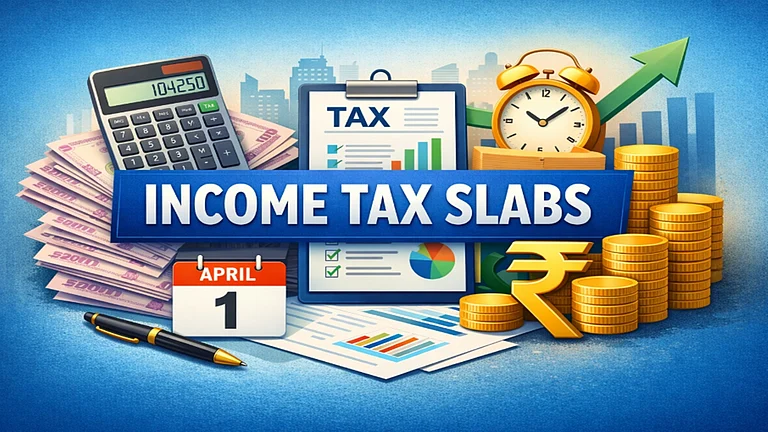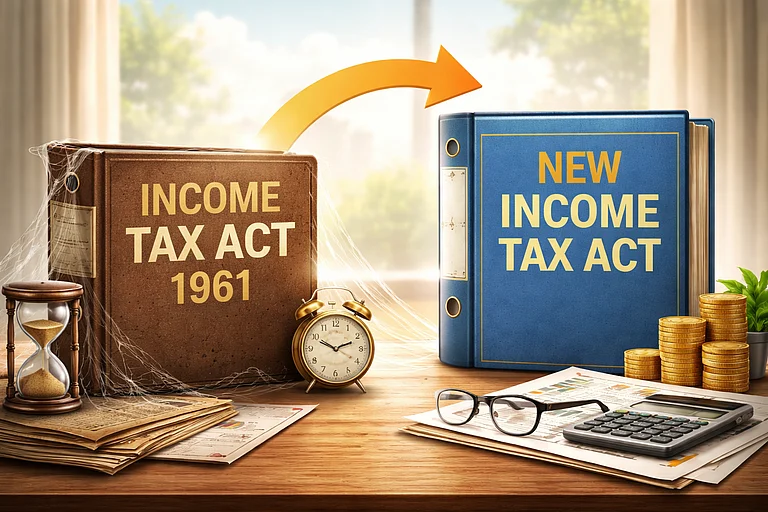Several changes were announced to the Tax Deducted at Source (TDS) and Tax Collected at Source (TCS) regulations in the Union Budget 2025. As these changes come into effect starting April 1, 2025, let’s overview in detail what the updates are and whom they affect.
The changes applicable to TDS and TCS primarily focus on raising the deduction limits, easing foreign remittances in some cases and removing specific compliance burdens for businesses. Therefore, most of these updates are expected to reduce unnecessary complexities in tax deduction and collection and are expected to offer some relief to common taxpayers, traders and businesses.
TDS and TCS are two key mechanisms used by the government to collect taxes as and when transactions take place at different sources. These taxation principles are put in place for two core purposes; First to track a person’s various income streams, and second to collect taxes on a real-time basis as and when transactions take place.
Here are key changes to take note of for salaried taxpayers;
1) Raised TDS Threshold Limits
TDS is deducted in cases where a transaction goes beyond a certain threshold. In Budget 2025, the government increased these limits to allow more transactions to remain tax-free while also keeping TDS rates unchanged. For instance; TDS under Section 194LBC on income from a securitisation trust to residents has been reduced from 25 per cent / 30 per cent to 10 per cent.
- Relief For Those Sending Money Abroad: If you have someone to who you send money overseas for purposes such as education, family support, or travel - there is good news;
The rules earlier applied TCS on remittances exceeding Rs 7 lakh, but now the revised rate has increased this threshold limit to Rs 10 lakh, allowing individuals to send more money abroad. This significantly limits additional tax burdens on common taxpayers.
3) Raised TDS/TCS Exemption Limit
For Seniors: The updated rules stipulate an exemption from TDS for the senior citizenry. Now, the elderly can enjoy TCS exemption on their interest income up to Rs 1 lakh, an increase from the previous limit of Rs 50,000.
The TDS exemption limit has been increased from Rs 40,000 to Rs 50,000 for other individuals.
TDS on Rental Income: The Budget 2025 raised the TDS exemption limit on rental income, up from Rs 2.4 lakh to Rs 6 lakh per year, or Rs 50,000 per month, up from the earlier Rs 20,000 per month.
TDS on MF & Stocks: Those who invest in mutual funds or stocks will benefit from the raise in exemption limit from Rs 5,000 to Rs 10,000 on dividends and income earned from MF units or specific companies.
4) Insurance Payments: The government also announced an amendment in the Union Budget 2024 which is set to come into effect starting April 1 2025. The present TDS Rate of 5 per cent for ‘Payment of insurance commission (in case of a person other than a company)’ under Section 194D was reduced from 5 per cent to 2 per cent.
5) Reduction In Compliance Burden
Earlier, if a taxpayer failed to file an Income Tax Return (ITR), then the TDS / TCS was deducted from them at a higher rate. However, Section 206AB (which specified higher TDS for non-filers) and Section 206CCA (which noted higher TCS for non-filers) will be omitted, in addition to any related references in Section 194S.
The Budget 2025 talked about removing these provisions which means that now common taxpayers and small businessmen will not have to pay additional taxes in the event of non-compliance.
These changes are set to come into effect starting April 1, 2025, for assessment year (AY) 2025-26 onwards.













